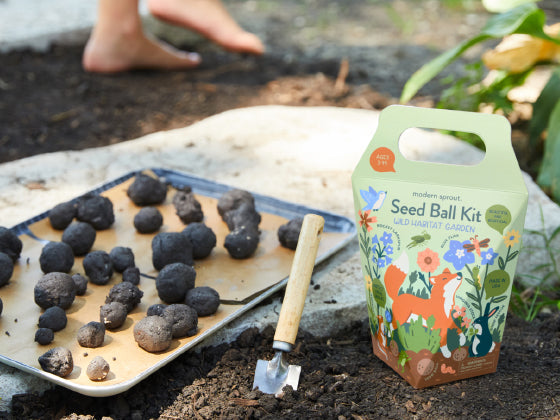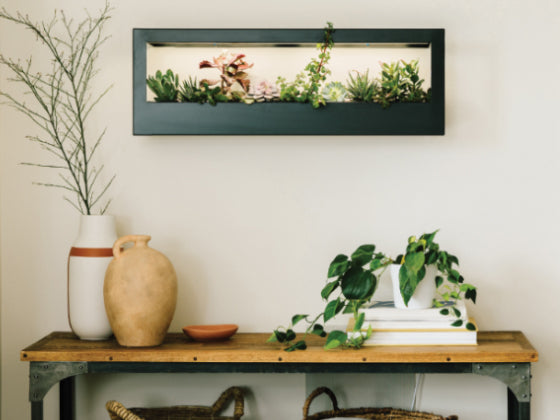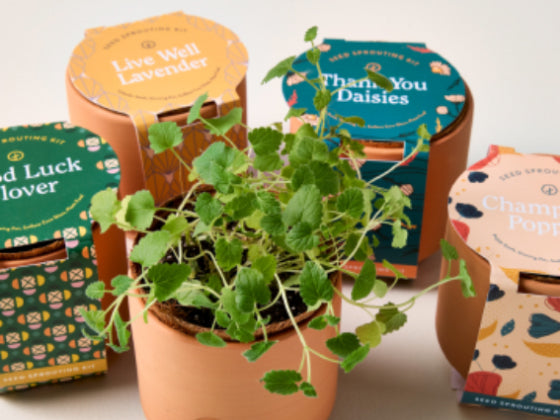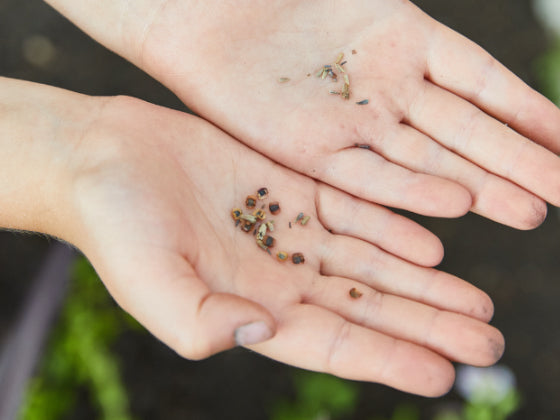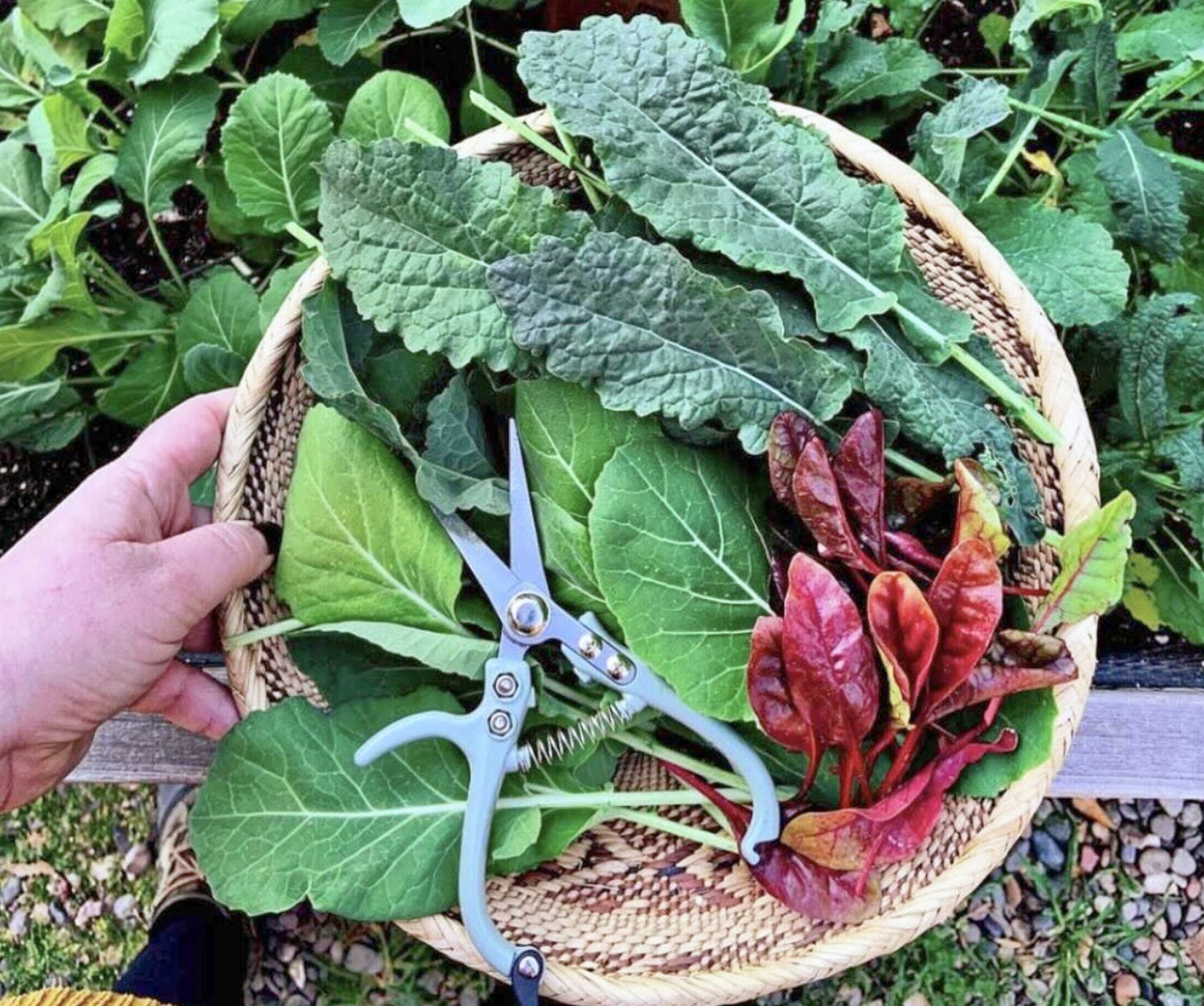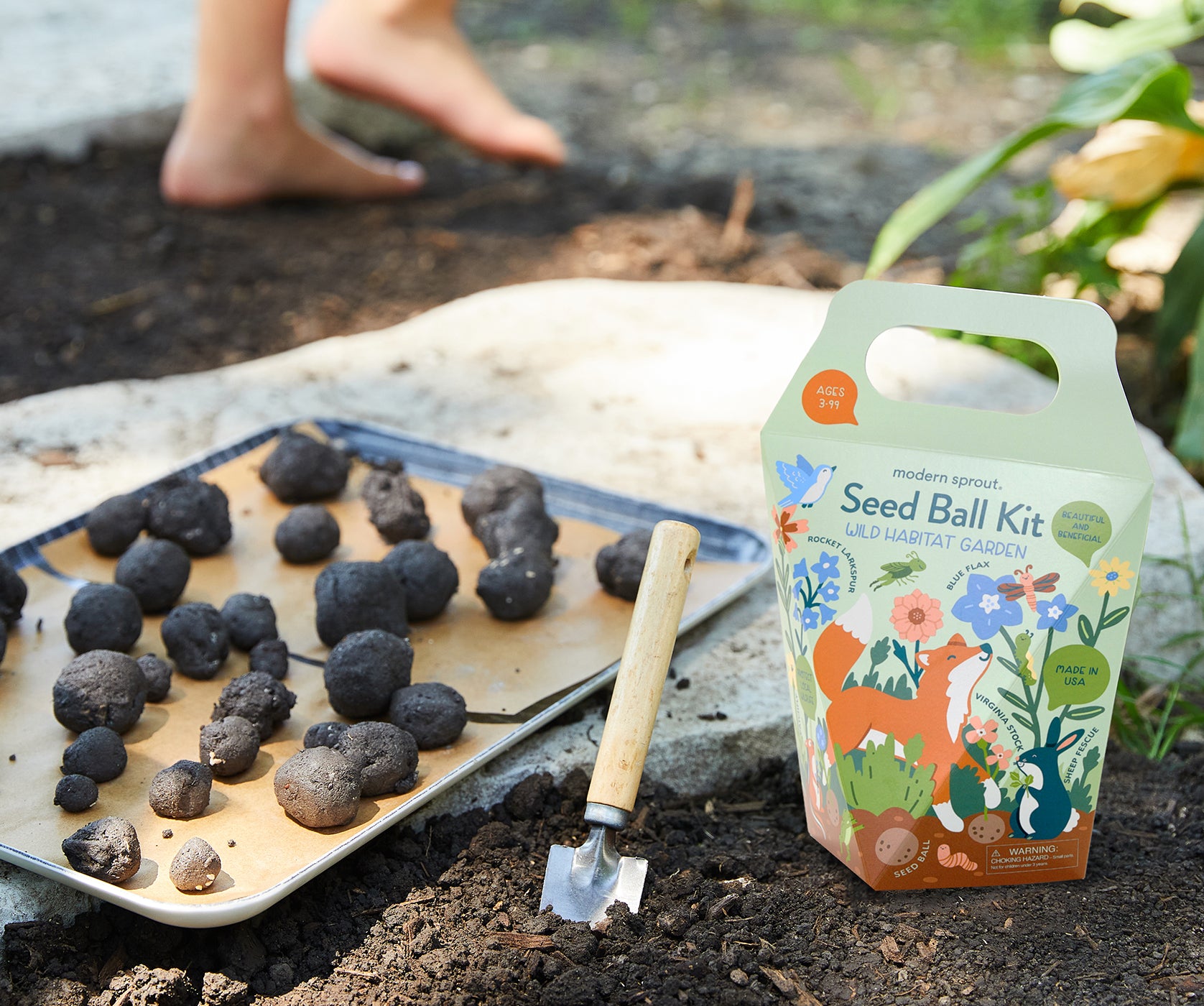Growing your own vegetables is fun. It’s rewarding. It’s delicious. And, it brings a world of healthful eating to your dinner table. What’s not to love?
But wait, there’s more! Beyond all the good for you, growing your own veggies reduces waste — which is good for our planet.
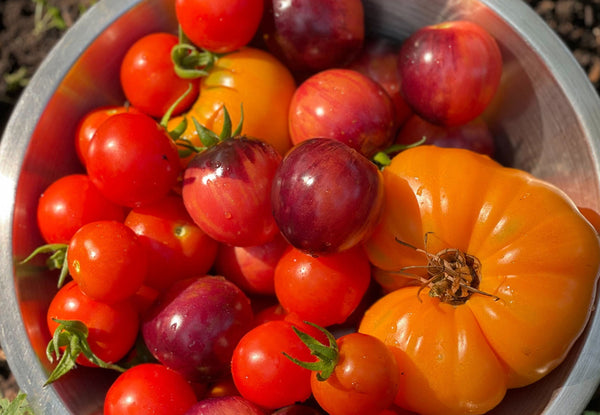
Let’s explore five ways GYOV reduces waste.
1. Reduced Packaging Waste
Head to your garden and skip packaging, plastic produce bags and other waste from shipping and shopping.
Store-bought vegetables often come wrapped in plastic or other packaging materials. There’s a reason — the produce shipped to stores needs to be protected during shipping to keep it fresh and prevent damage. Many people also use single-use produce bags to transport their selections home.
All that packaging can become waste and wind up in landfills. Sixty-three percent of the solid waste produced in the U.S. is from packaging, of which food packaging makes up a decent percentage. When you grow your own vegetables, you can harvest them directly from the garden without packaging, reducing plastic and other waste.
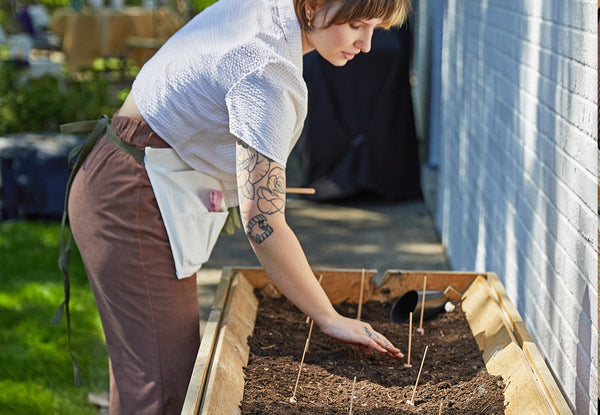
2. Minimized Food Waste
Almost half of the 80 billion (yes billion!) pounds of food wasted in the U.S. is at home (43% in 2022). Think you can’t make a dent in 80 billion pounds? You can! And, we all can, collectively.
Home gardeners harvest what they need. This reduces the likelihood of vegetables going bad before they are consumed. No more buying more than you need or forgetting about those vegetables sitting in the back of your produce drawer.
Let’s be real: no one likes opening their fridge to find a bag of slimy herbs or rotting lettuce. Reduce waste — and the ick factor — by picking what you need.
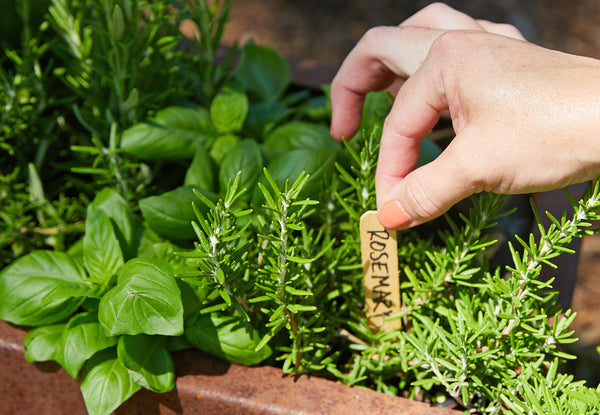
3. Composting
You’ve reduced spoilage; well done! But maybe you’ve got scraps or trimmings from the harvest or cooking prep process. Homegrown vegetables can become homemade compost.
When you compost, you create nutrient-rich soil for future gardening endeavors. The planting circle of life in action.
Even better, all those bits and scraps and peelings and stems create greenhouse gas emissions when tossed. Do you know the third largest source of human-related methane emissions in America? Municipal solid waste landfills. What’s more, more than half of what’s produced is from food waste. Diverting organic waste from ending up in landfills is a very good thing.
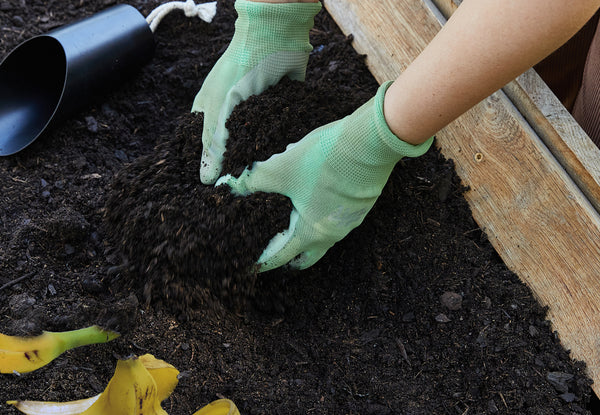
4. Lower Carbon Footprint
Growing your own vegetables reduces the need for transportation, reducing fuel consumption and emissions associated with transporting produce from farms to stores. This helps lower the carbon footprint associated with your food. Even if your food comes from relatively local farms, fuel is still used. The trip to your backyard requires no gas — the only footprints are yours!
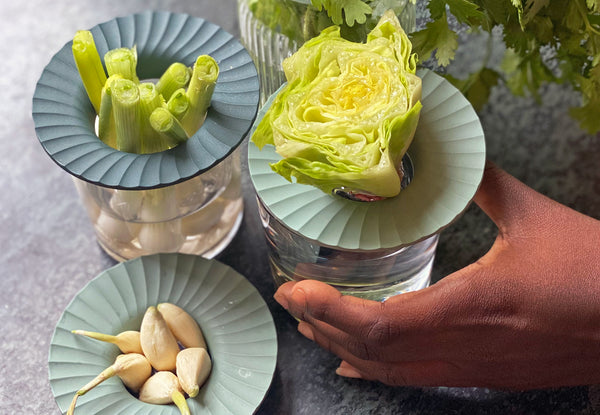
You don’t want your veggies showing up gross at the store, which is understandable. But, like packaging, you may not realize the implications. Keeping vegetables fresh during transport requires temperature control, which further increases emissions.
Globally, transporting produce creates 36% of “food-mile emissions” and doubles the emissions from production. Cut down on fuel consumption and emissions needed to transport vegetables from farms to stores by getting that veggie garden up and running.
5. Support Biodiversity
If you need another reason, we’ve got one: Home gardens that incorporate diverse plant species help support local biodiversity.
Add some flowering plants around your vegetables or allow unharvested vegetables to go to flower (called bolting) to please the pollinators and invite in the most natural pest control. Birds, bees, bugs, and more will love visiting your garden. Beyond more biodiverse plants and attracting pollinators, you support local wildlife. It may be maddening to lose the occasional carrot to a local bunny — consider it a contribution to a healthier (and cuter!) planet.
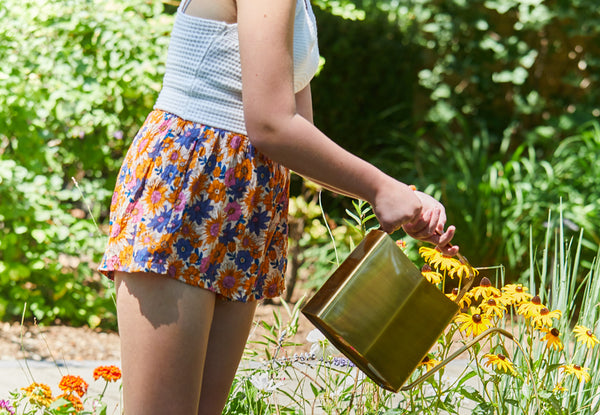
By growing a variety of vegetables, you contribute to ecosystem health and resilience. Good job, you!, on helping mitigate environmental degradation while eating more vegetables.
Happy Cultivating,
The Mod Sprout Team

